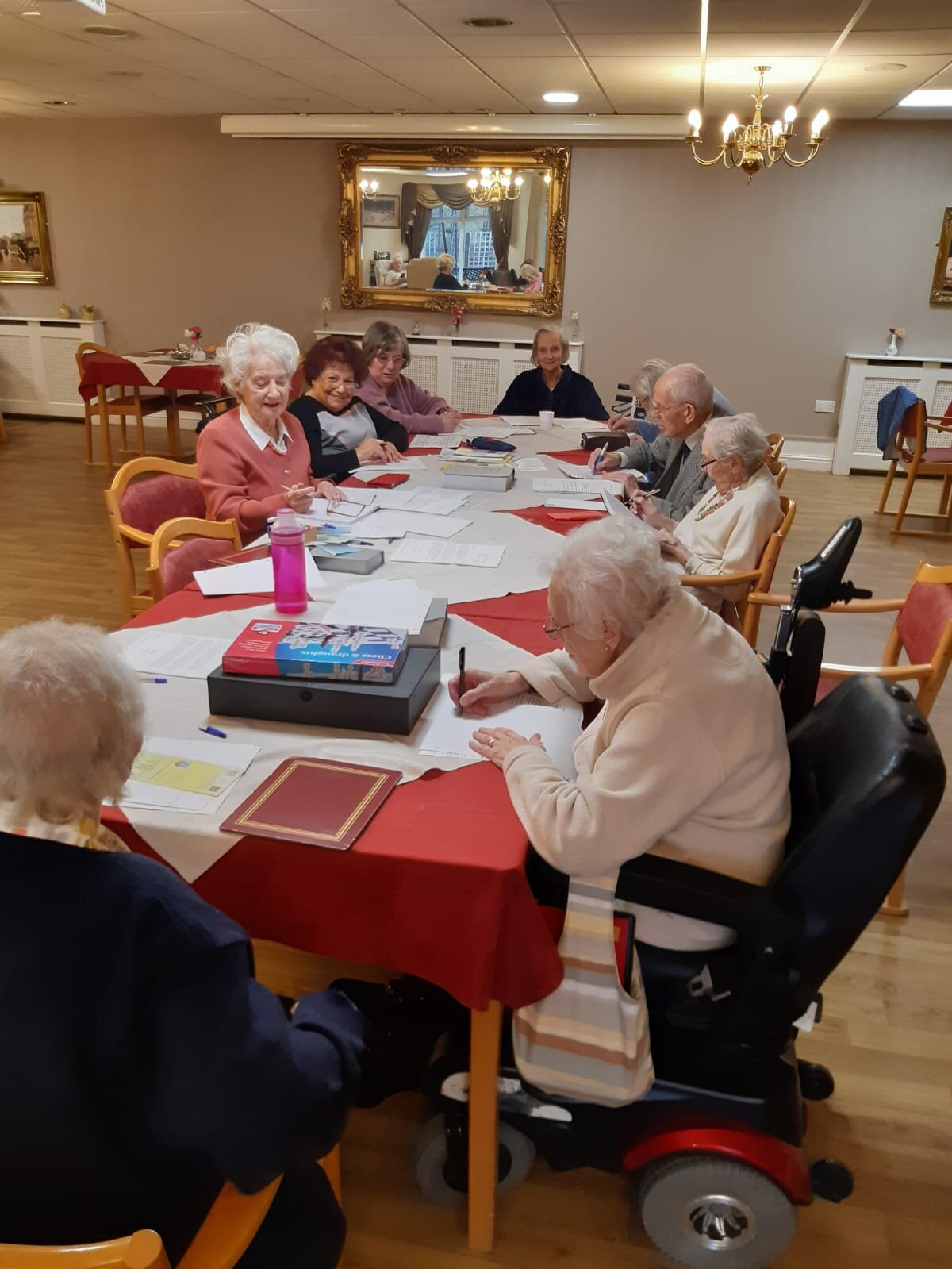Providing Safe Care for the Elderly: Help with Decision-Making
There is beauty in grey-headedness, and we see this in our homes every day. As you get to know the residents, their stories, their zealous service, the challenges they faced and their love for others, you realize what amazing lives they have led. Now, as they grow older and infirm, they have a different set of challenges to face including their physical, mental, and emotional health. Abilities like decision-making, which they have done well all their lives could now become an impossible task. They still soldier on and its very encouraging to see how they overcome this too with the same determination and faith that they had in their younger days. As carers, we deeply respect them and love them for this, and we want to reflect this in every aspect of our care for them.
In this article, we will discuss the Mental Capacity Act and how this plays an important role in helping the elderly with decision making, while ensuring that they feel dignified and respected. These pointers are helpful for all of us at Jah-Jireh as well as for those of you caring for elderly relatives at home.
The Mental Capacity Act
One of the main reasons that the Mental Capacity Act was established was to “make new provision relating to persons who lack capacity.” The focus of this act was to ensure that the needs of people who had a reduced mental capacity to make decision were given the needed assistance in the right way. It is also a protection and guideline for their carers as they are entrusted with this important responsibility of helping them make decisions regarding their medication, legal wishes, and even the carrying out of everyday tasks.
Baroness Finlay, Chair of the National Mental Capacity Forum explains what this means in the video below:
The Mental Capacity Act works on 5 principles:
A person must be assumed to have capacity unless it is established that he lacks capacity.
A person is not to be treated as unable to make a decision unless all practicable steps to help him to do so have been taken without success.
A person is not to be treated as unable to make a decision merely because he makes an unwise decision.
An act done, or decision made, under this Act for or on behalf of a person who lacks capacity must be done, or made, in his best interests.
Before the act is done, or the decision is made, regard must be had to whether the purpose for which it is needed can be as effectively achieved in a way that is less restrictive of the person's rights and freedom of action.
In connection with this, the management at the Jah-Jireh homes have set two objectives for all the staff. They are:
To ensure that practice, where appropriate, complies with the five principles of MCA Act 2005
To build confidence among staff regarding how and when to assess someone’s mental capacity, and how to make Best Interest decisions when necessary.
Putting the Act into Action
“The aged want to be respected. They need to make decisions and feel that they are in charge of their lives,” says an Awake article. “… True, they may not think as rapidly as when they were younger or learn new things as fast. But they should not be pushed aside and their role in the family usurped, nor should others take over chores the aged would prefer to do for themselves. Doing this would frustrate and discourage them and make them feel inadequate and even useless.”
What wonderful counsel! We never want our dear elderly ones to feel this way. The application of the Mental Capacity Act helps us to ensure this. All our staff are trained in the FREDA principles. These principles are an easy way to make sure that all our staff are starting from the right place in their interaction with the residents. FREDA stands for:
F - Fairness
R - Respect
E - Equality
D - Dignity
A – Autonomy
Here is how you can apply the FREDA principle practically:
Fairness – Listen carefully to the person’s opinion, allow them to express their view freely, and take it into consideration along with other factors involved.
Respect – Show respect for the persons views, wishes and feelings (whether expressed at the time or in advance) and “follow those wishes wherever practicable and consistent with the purpose of the decision.”
Listening to our residents is integral to understanding their opinions and needs.Equality – Ensure that there is no discrimination or stigma attached to the mental health of the person. Give them equal treatment as well as opportunities to do things that others do.
Equal opportunities for all of our residents in activities, treatment and careDignity – Never undermine the person’s self-respect. Excessive restraint and neglect are contradictory to this principle.
Autonomy – Involve the person as far as possible in planning and developing their treatment and care. Guide them but allow them to freely make their own choices.
It is important for residents to feel respected, dignified and in control of their treatment and lives.Keeping these principles in mind have helped us to ensure that our dear residents are shown respect and retain their dignity and freedom of choice. Helping the elderly plan ahead for a time when they might be mentally incapacitated is also an important factor that carers and family members must take into serious consideration.
Get to Know Them
Spending time with our residents, getting to know them, their likes and dislikes, their quirks and their unique habits is given high priority. Getting to know them better allows us to offer person-centred care as well as help plan out their treatment and care in a way that they would prefer and that is most effective for them. We hope you found these pointers helpful too.




